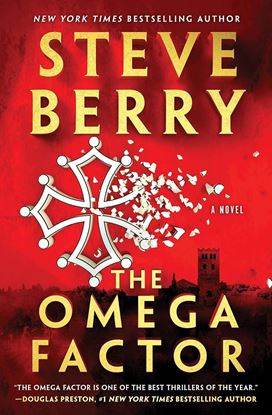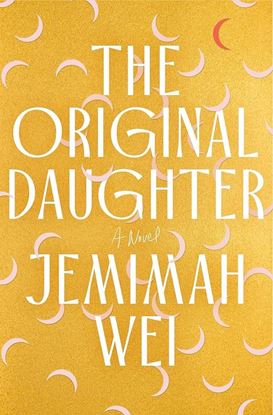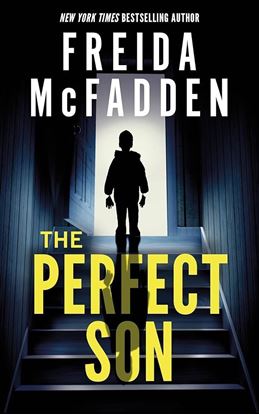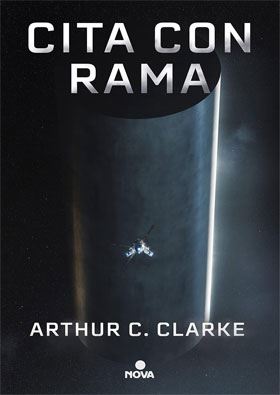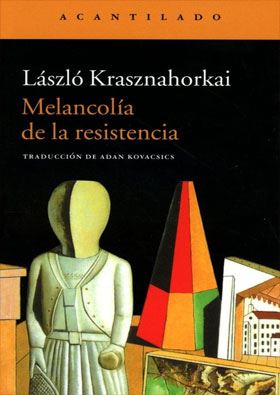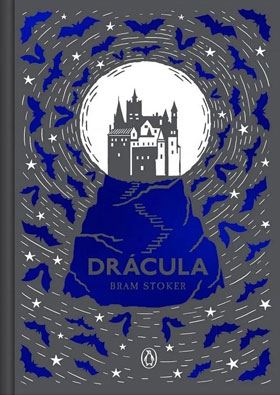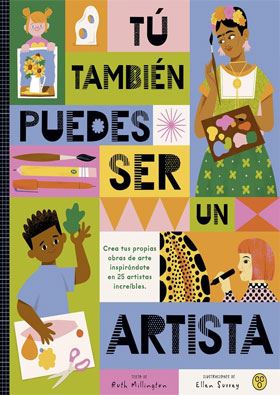

THE OFF-LIMITS RULE
Rules are made to be broken—especially for love, right?
Lucy Marshall has hit rock bottom. After failing to succeed as a single mom in Atlanta, she’s back home and moving in with her older brother, Drew. Reconnecting with her support system is the right thing to do, but Lucy can’t help but feel like a failure. Her four-year-old son deserves the world, and all she can give him is a spare bedroom. But Drew is the sweetest uncle, and some quality time might be exactly what they both need to start fresh. That is until she meets Cooper, her brother’s incredibly hot best friend.
When Drew senses something between the two of them, he puts his foot down on any shenanigans. According to him, Cooper is everything Lucy should stay away from: flirtatious, adventurous, and especially noncommittal. But Lucy has been getting the opposite impression so far; Cooper is a genuinely great guy, and she’s starting to catch real feelings.
Her whole life, Lucy has tried to do everything right, and look where that’s gotten her—so what if she were to try something wrong?
900
765
THE OMEGA FACTOR
When Nick travels to Belgium for a visit with a woman from his past, he unwittingly stumbles on the trail of a legendary panel from the Ghent Altarpiece, stolen in 1934 under cover of night and never seen since. Soon Nick is plunged into a bitter conflict, one that has been simmering for nearly two thousand years. On one side is the Maidens of Saint-Michael, les Vautours—the Vultures—a secret order of nuns and the guardians of a great truth. Pitted against them is the Vatican, which has wanted for centuries to both find and possess what the nuns guard. Because of Nick the maidens have finally been exposed, their secret placed in dire jeopardy—a vulnerability that the Vatican swiftly moves to exploit utilizing an ambitious cardinal and a corrupt archbishop, both with agendas of their own.
1,250
1,063
THE ORIGINAL DAUGHTER
Before Arin, Genevieve Yang was an only child. Living with her parents and grandmother in a single-room flat in working-class Bedok, Genevieve is saddled with an unexpected sibling when Arin appears, the shameful legacy of a grandfather long believed to be dead. As the two girls grow closer, they must navigate the intensity of life in a place where the urgent insistence on achievement demands constant sacrifice. Knowing that failure is not an option, the sisters learn to depend entirely on one another as they spurn outside friendships, leisure, and any semblance of a social life in pursuit of academic perfection and passage to a better future.
When a stinging betrayal violently estranges Genevieve and Arin, Genevieve must weigh the value of ambition versus familial love, home versus the outside world, and allegiance to herself versus allegiance to the people who made her who she is.
1,350
1,148
THE PERFECT SON
A high school girl has vanished from their quiet neighborhood, and the police suspect the worst. Erika's teenage son, Liam, was the last person to see the girl alive.
Erika has always sensed something… different in her seemingly perfect oldest child. He's charming, smart, and popular, but mothers have the best instincts, and Erika knows there's more to her son than meets the eye. She wants to believe he's innocent, but as the evidence mounts, she can't deny the truth—Liam may have done the unthinkable.
1,100
935
THE POPPY WAR (1) (HC)
When Rin aced the Keju—the Empire-wide test to find the most talented youth to learn at the Academies—it was a shock to everyone: to the test officials, who couldn’t believe a war orphan from Rooster Province could pass without cheating; to Rin’s guardians, who believed they’d finally be able to marry her off and further their criminal enterprise; and to Rin herself, who realized she was finally free of the servitude and despair that had made up her daily existence. That she got into Sinegard—the most elite military school in Nikan—was even more surprising.
But surprises aren’t always good.
Because being a dark-skinned peasant girl from the south is not an easy thing at Sinegard. Targeted from the outset by rival classmates for her color, poverty, and gender, Rin discovers she possesses a lethal, unearthly power—an aptitude for the nearly-mythical art of shamanism. Exploring the depths of her gift with the help of a seemingly insane teacher and psychoactive substances, Rin learns that gods long thought dead are very much alive—and that mastering control over those powers could mean more than just surviving school.
1,995
1,696
THE POPPY WAR COLLECTOR'S ED. (1) (HC)
When Rin aced the Keju—the Empire-wide test to find the most talented youth to learn at the Academies—it was a shock to everyone: to the test officials, who couldn’t believe a war orphan from Rooster Province could pass without cheating; to Rin’s guardians, who believed they’d finally be able to marry her off and further their criminal enterprise; and to Rin herself, who realized she was finally free of the servitude and despair that had made up her daily existence. That she got into Sinegard—the most elite military school in Nikan—was even more surprising.
But surprises aren’t always good.
Because being a dark-skinned peasant girl from the south is not an easy thing at Sinegard. Targeted from the outset by rival classmates for her color, poverty, and gender, Rin discovers she possesses a lethal, unearthly power—an aptitude for the nearly mythical art of shamanism. Exploring the depths of her gift with the help of a seemingly insane teacher and psychoactive substances, Rin learns that gods long thought dead are very much alive—and that mastering control over those powers could mean more than just surviving school.
2,900
2,465


